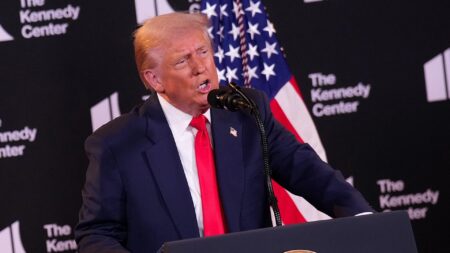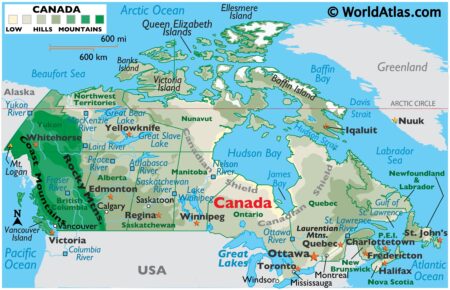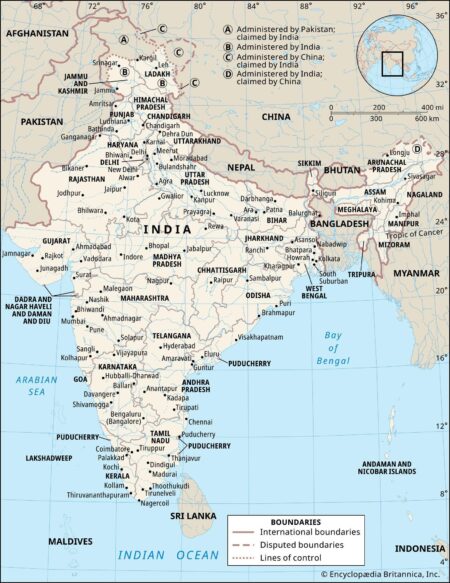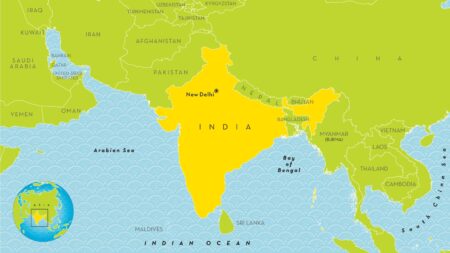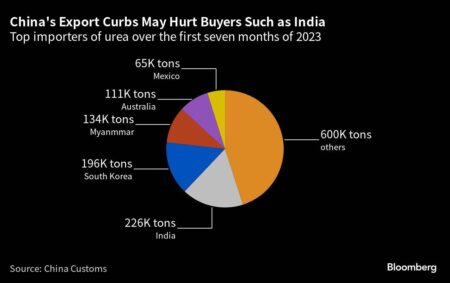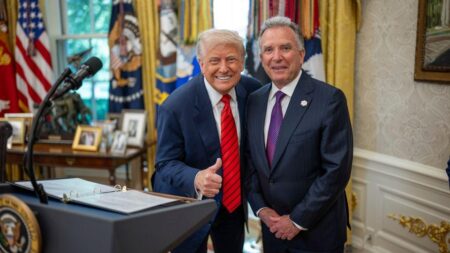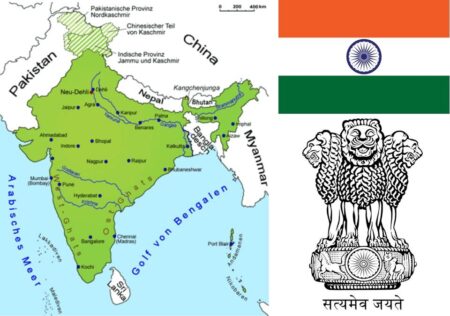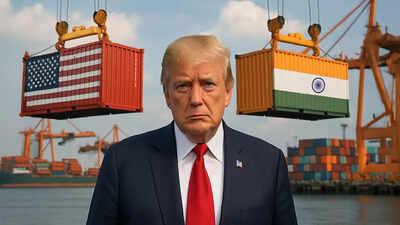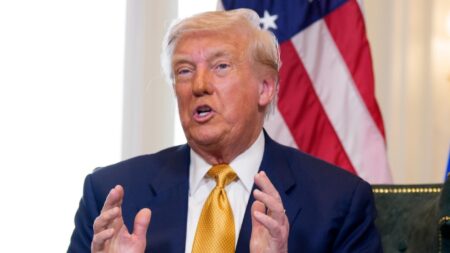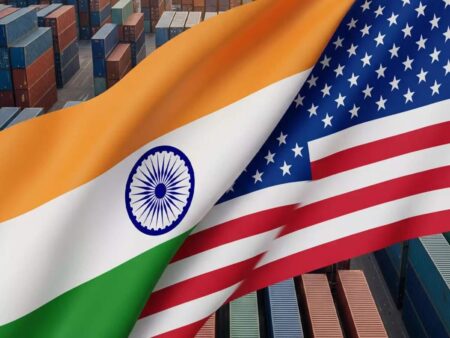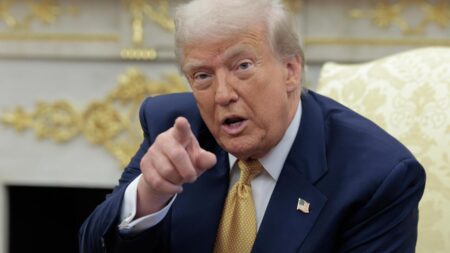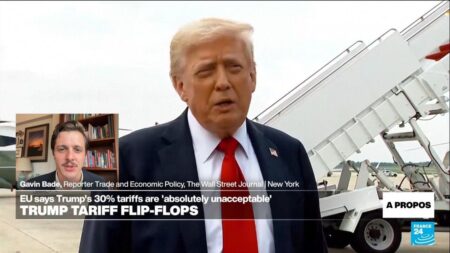The U.S. has announced a draft notice proposing a steep 50% tariff on select Indian products, set to take effect on August 27. This bold step escalates trade tensions between the two nations, sending shockwaves through key industries
Browsing: trade relations
India will continue to secure oil from the most competitive suppliers, stressed the Indian envoy, who strongly criticized US tariffs as “unfair” and “unjustified.” This powerful declaration underscores India’s steadfast determination to meet its energy demands despite escalating global tensions
Canada has announced it will lift most retaliatory tariffs on U.S. goods, marking a significant breakthrough in easing trade tensions between the two neighbors. This move follows encouraging progress in bilateral talks aimed at resolving ongoing disputes, Al Jazeera reports
Amid the shifting tides of U.S. policies under Trump, India is boldly expanding its diplomatic and economic bonds with Russia and China, strategically strengthening its alliances to protect its interests in a rapidly evolving global landscape
Canada’s trade strategy is under fire for depending too much on diplomatic goodwill, raising concerns about the economy’s vulnerability. Experts warn that banking solely on friendly ties to clinch deals might endanger national interests and unsettle market stability
India and the US have yet to finalize a tariff agreement, prolonging trade tensions that affect key industries on both sides. This ongoing standoff underscores the intricate challenges in their bilateral relationship and threatens to unsettle global economic stability
In a recent statement, Shashi Tharoor fervently championed India’s unwavering stance in the US trade negotiations, describing it as a crucial act of “recalcitrance.” He vehemently rejected any compromise on unjust demands, emphasizing the need to safeguard national sovereignty and defend fair trade principles
Nvidia and AMD are pledging to reinvest 15% of their China sales revenue back into the US, skillfully navigating the rising tensions between the two countries. Meanwhile, Chinese state media is warning consumers about potential risks linked to these chips
China has hit Canadian canola imports with temporary duties, a move industry insiders are calling a “gut punch.” These tariffs not only escalate trade tensions but also threaten to disrupt global agricultural markets
China has eased its restrictions on urea exports to India, signaling a potential thaw in trade tensions between the two countries. This move could be a game-changer for stabilizing India’s fertilizer supply amid soaring demand, Bloomberg reports
Donald Trump’s tariffs on Brazil, hailed as bold economic moves, have barely made a dent. Experts reveal these trade measures are largely symbolic, causing only small waves in Brazil’s exports and trade relationships
From India to Brazil, the Trump administration is ramping up its trade war with BRICS nations, unleashing new tariffs that are escalating tensions and sending shockwaves through global markets, reports Democracy Now!
The US has recently imposed a hefty 50% tariff on Indian goods, all while maintaining zero tariffs for the EU – even as Europe continues to purchase Russian oil. Critics are blasting Washington for blatant hypocrisy amid escalating geopolitical tensions. (NDTV)
India has fired back at former President Donald Trump’s recent tariff threat, highlighting that the US still trades with Russia despite imposing sanctions. The Economic Times uncovers rising tensions as global sanctions and trade conflicts heat up
Trump’s trade deal with the EU paves the way to cut tariffs and turbocharge exports, promising lower prices on everyday items for American consumers. Experts weigh in on how this could impact wallets nationwide
A Trump administration official has highlighted that more negotiations are crucial before finalizing the India-US trade deal. With no agreement in sight yet, discussions are ongoing as both parties strive to resolve key challenges
US tariffs imposed during the Trump era now cast a shadow over Brazil’s export-driven economy, endangering key industries like steel and agriculture. Experts warn that these measures could ignite trade disputes and stall growth in Latin America’s largest market
Trump’s hefty tariff on Brazilian goods is poised to disrupt US-Brazil trade relations, driving Brazil closer to China as it seeks fresh markets. This bold move marks a significant turning point in the global trade arena
Australia’s move to export beef to the US has ignited intense biosecurity concerns, with experts sounding the alarm over possible risks from pests and diseases. Now, the government stands at a crossroads, balancing promising trade gains against the urgent need to safeguard agricultural health
Canadian boycotts of U.S. products are beginning to deliver a significant blow to American businesses, particularly in agriculture and retail. Market analysts warn that these actions could escalate trade tensions between the two nations even further

